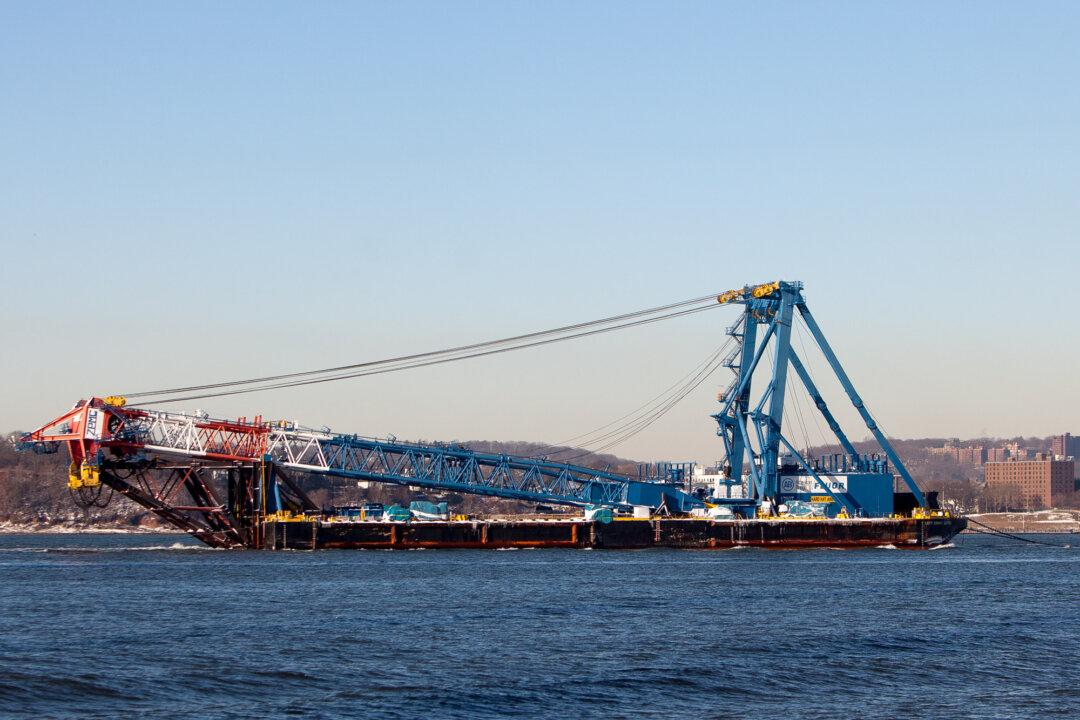The Supreme Court is leaving in place a lower court ruling that allows New Jersey to unilaterally withdraw from a powerful bistate commission that was created to monitor corruption at the storied Port of New York and New Jersey.
The case is Waterfront Commission of New York Harbor v. Murphy, court file 20-772.





